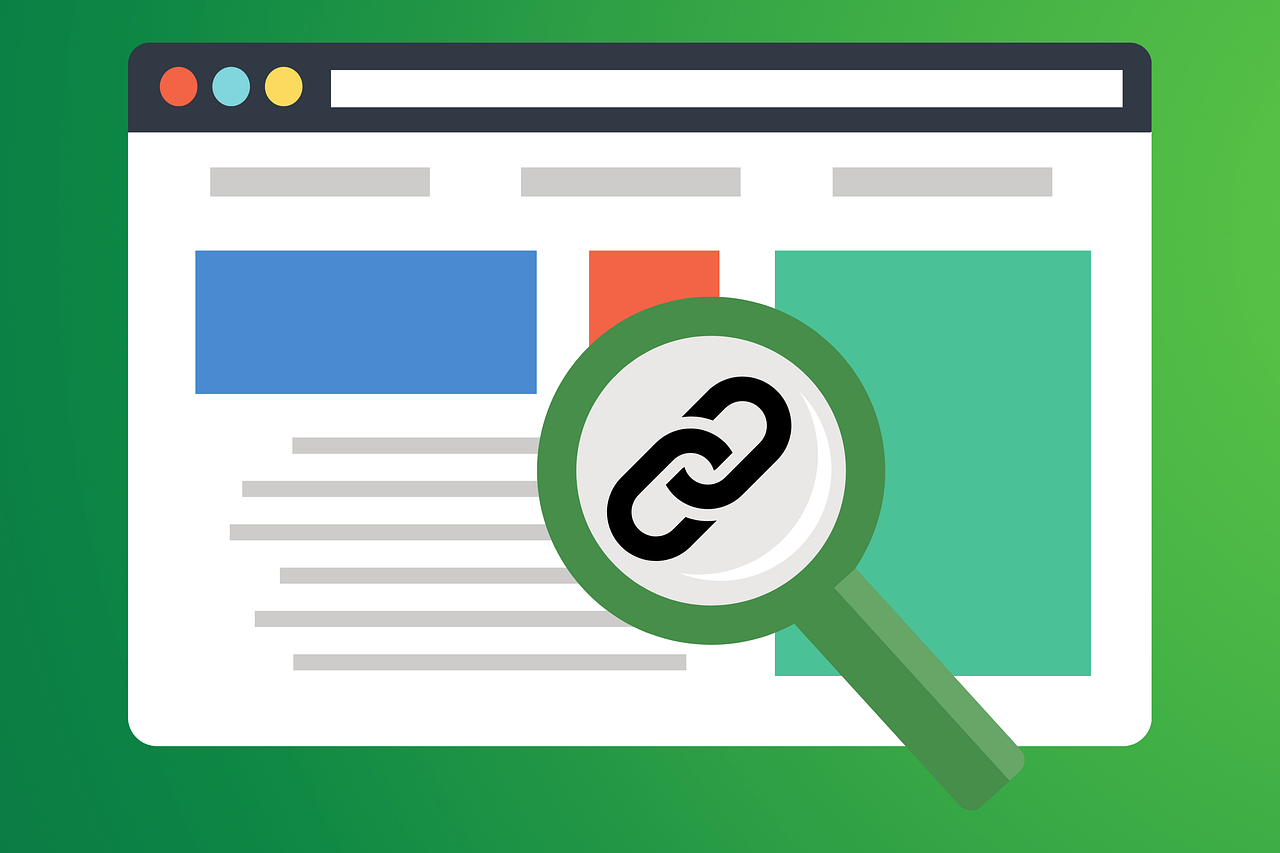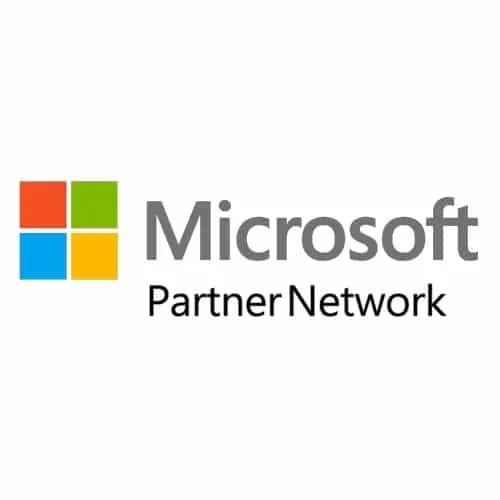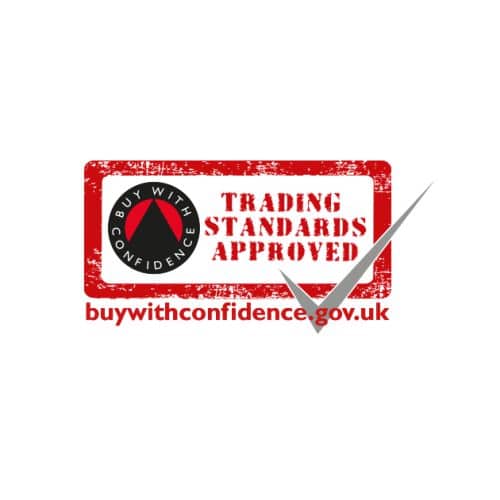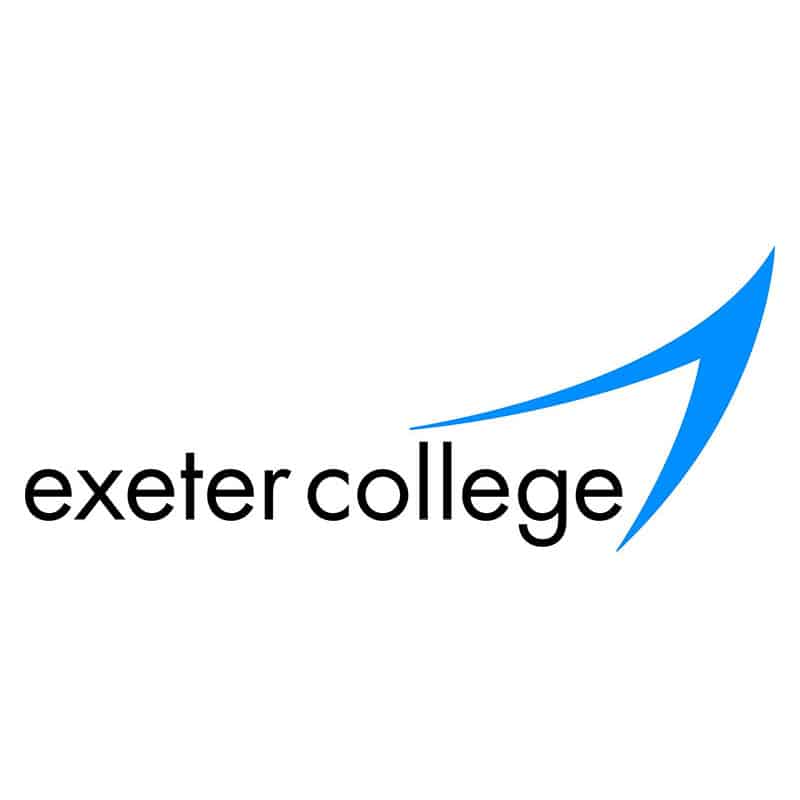Is manual link building the most important SEO practice?
Published: 31st July 2024
Want to boost your website’s visibility and climb the search engine rankings? Discover the secrets of organic SEO and the power of manual link building.
Increasing organic traffic to your website isn’t just an objective—it’s a significant advantage for your business, particularly when you’re on a limited advertising budget. Leveraging organic SEO can be a cost-effective way to enhance your online presence. So, how can you tackle this challenge effectively? One of the most effective methods is building backlinks.
This strategy can significantly enhance your site’s visibility and improve your rankings on search engines. While you could wait and hope that others will link to your site, taking proactive steps will yield much better results. If this piques your interest, continue reading to learn how you can start your backlinking efforts and boost your organic traffic.

The Role of Manual Link Building
Manual link building stands apart from typical SEO strategies. It involves a thoughtful approach focused on establishing authentic relationships and creating valuable content. Rather than using dubious automated tools or engaging in spammy tactics, manual link building emphasises the importance of dedicating time and energy to connect with other website owners and influencers.
The aim is to develop a strong network of quality backlinks that enhance your site’s credibility and signal to search engines that your content is trustworthy. So, what makes manual link building so important?
Authority and trust
Consider backlinks as online votes of confidence for your website. When reputable websites link to your content, it’s akin to them giving a nod of approval, saying, “This is worth your time!” Not only does this enhance your standing with search engines, but it also reinforces your trustworthiness among users.
Establishing this level of authority doesn’t happen overnight, but with each valuable backlink you acquire, you’re steadily building recognition for your site’s expertise.
Improved Rankings
Google values websites that boast a robust network of backlinks. Essentially, the more endorsements you receive from credible sources, the better your position in search results.
By proactively pursuing connections from reputable sites, you’re signalling to Google that you deserve to be among the top contenders. And believe me, Google pays attention to that.
Referral Traffic
Absolutely, backlinks are beneficial for SEO, but they also generate direct traffic to your site. When users click on a link from another website and land on yours, it’s akin to receiving a vote of confidence along with a chance to attract a new visitor.
Since these users already have an interest in your content, they’re more inclined to explore further and could potentially become dedicated followers.
Relationship Building
Link building through manual outreach goes beyond simply acquiring backlinks; it’s an opportunity to forge genuine connections within your industry. By reaching out to other website owners, bloggers, and influencers, you create pathways for collaboration.
This could lead to joint content projects, guest post exchanges, or simply exchanging valuable insights. Ultimately, cultivating these relationships not only boosts your backlink profile but also fosters a more supportive and thriving online community for everyone.
Getting Started with Manual Link Building
Starting out with manual link building calls for a well-thought-out plan to achieve the best results. Here’s a guide to help you launch your link-building initiatives effectively.
Define your link-building goals.
Before you get started, it’s important to set specific goals. Are you looking to boost your visibility in organic search results, increase traffic, or climb the ranks in search engines? Clarifying your objectives will help guide your link-building efforts and ensure you stay on track to achieve meaningful results.
Research and identify relevant link opportunities.
After that, create a list of websites in your field that could serve as good link-building opportunities. Using tools like Moz, Ahrefs, or SEMrush can really help you find these options.
When selecting potential partners, keep in mind their domain authority, relevance to your niche, and the demographics of their audience.
Create high-quality content.
Creating top-notch content is essential for a successful link-building strategy. Focus on developing material that stands out, offers useful information, and captures attention. Make sure to do your homework so you can deliver valuable insights, ensuring your content connects well with your intended audience.
Promote your content.
After you’ve prepared your content, the next step is to get the word out through different channels. Post it on social media, feature it in your email newsletters, and engage in relevant industry forums or communities. Boosting your visibility not only helps you earn backlinks but also brings in referral traffic to your website, enhancing the effectiveness of your link-building strategies.
If you stick to these practices, you’ll be on the right track to mastering manual link building and enjoying the benefits it can bring to your SEO efforts.
Paying for links: good or bad?
If you’re interested in link building, you might have come across the idea of purchasing backlinks. Buying links can lead us into the complex world of SEO and digital marketing, a space filled with both opportunities and risks.
This practice can significantly influence search rankings, brand exposure, and online reputation, making it essential to approach it with both curiosity and caution as we delve into its details.
The Good
Purchasing links isn’t necessarily unethical. Think of it as leasing a billboard on a busy online road—it’s a chance to showcase your brand to the right people.
When these links are featured on relevant sites, they can attract significant traffic to your website. Moreover, a link from a trusted source can enhance your brand’s credibility.
The Bad
There’s a crucial point to consider: Google’s algorithms have a strong dislike for unnatural link-building practices. If they become aware of your paid link approach, you might face serious consequences, like a decline in your search rankings or even removal from their search results altogether.
Additionally, acquiring links from low-quality or spammy websites is highly discouraged.
The Ugly
The downside of purchasing links often leads to link farms, which can be likened to the sketchy backstreets of the web. In these places, links proliferate rapidly, and their quality often diminishes significantly.
If you’re attempting to conceal paid links or using them purely for the purpose of gaming search rankings, you’re taking a significant risk that could ultimately backfire on you.

Google’s March 2024 Update
Google continues its ongoing efforts to refine its search algorithms for better user experiences. This update focuses on several key areas.
Improved Quality Ranking
Google is upgrading its main ranking algorithms to prioritise the most useful and relevant information available online. The aim is to minimise the presence of unoriginal content in search results.
This involves filtering out material that appears to be crafted mainly for search engine optimisation instead of genuine user engagement. Additionally, websites that are tailored to cater to very niche search queries are also being examined closely.
Expected Impact
Google anticipates that this latest update, along with their earlier initiatives, will lead to a 40% decrease in the presence of low-quality and duplicate content in search results. The goal is to enhance visibility for more useful and high-quality websites.
Spam Prevention
Google has long fought against spammy content. In this update, they’re targeting several areas.
Expired Websites: Sites that were once legitimate but have been repurposed as spam repositories by new owners.
Obituary Spam: content related to obituaries that may be spammy.
Scaled Content Abuse: Preventing automation-generated low-quality or unoriginal content.
Site Reputation Abuse: Addressing manipulative behaviours that lead to poor-quality content.
Why It Matters
Google’s goal is to deliver valuable and top-notch content to its users. By minimising spam and duplicate content, they strive to improve the search experience for everyone.
So, should you pay for links?
Navigating this landscape can feel like balancing on a tightrope—thrilling yet fraught with potential pitfalls. If you’re thinking about diving in, take a careful approach. Ensure that the links you use are pertinent, of high quality, and clear in their purpose. Keep in mind that SEO isn’t solely about purchasing links; it’s about creating a robust strategy with a variety of methods. Always be mindful of Google’s algorithms; they act like vigilant monitors, always searching for any red flags. In SEO, patience and consistency often lead to success.

Final Thoughts
Building links manually is still a crucial part of any effective SEO strategy. By taking a thoughtful and personalised approach to securing backlinks and nurturing authentic connections in your industry, you can boost your site’s credibility, enhance your search engine rankings, and attract valuable organic traffic.
Keep in mind that achieving success in SEO is a continuous process that demands hard work, flexibility, and a focus on providing real value. By mastering the techniques of manual link building, you can elevate your website’s presence in the online world.
So, if you’re wondering whether manual link building is the most essential SEO practice, it certainly ranks high on the list.







Email [email protected]
Phone 01392 908804
Office Hours
9am - 5pm Mon-Fri
Office Address
Falcon Digital, Office 6, 6 St Paul's Road, Newton Abbot, Devon, TQ12 2HP
Other Services
Company Registration no:
13682575
VAT Registration Number:
GB 437 7229 74

